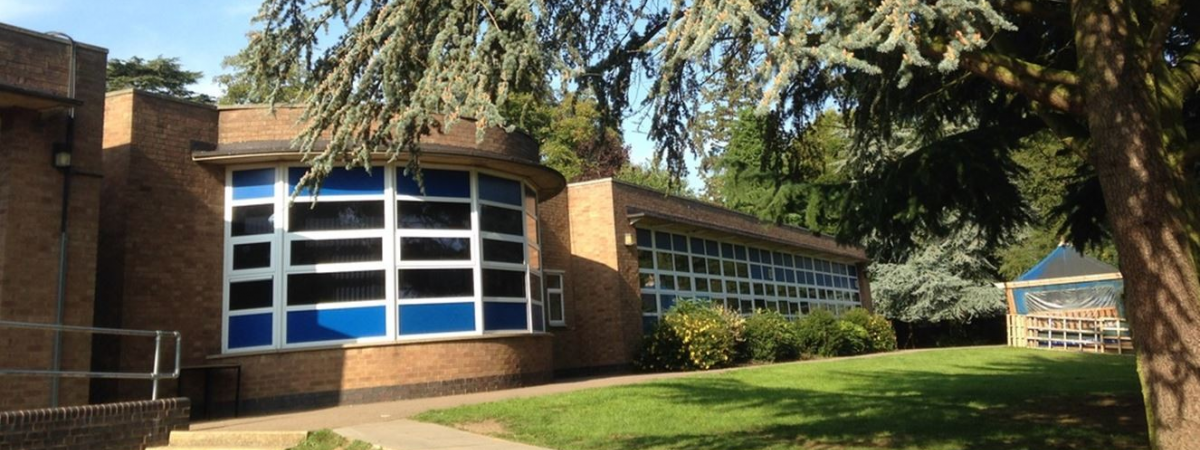Trip Report: Saint Martin’s Catholic Academy, Stoke Golding
At PTE we like to visit schools up and down the country. We feel it’s important to get a feel of how schools work in certain areas, what unique challenges they face, and how they are doing great work in their own way. In turn, we want to highlight some case studies that show things that we’ve learned about how to run a great school, and what facets of that are replicable across England.
The school:
Saint Martin’s is an 11-16 Catholic comprehensive school based in Stoke Golding, Leicestershire. It was founded in 1963 by the Dominican Sisters as an 11-14 high school, and since 2014 it has grown from 300 to its current 650 students (and it is now heavily oversubscribed). The Academy follows the principles of PTE, particularly with regards to their strong behaviour and ambitious curriculum offering, which has led to an above average Progress 8 score in the past two years (2016 +0.38; 2017 +0.47).
The area:
Stoke Golding is a village between Nuneaton and Hinckley, with Saint Martin’s being its only secondary school. The village is most notable for being just 2 miles from where Henry VII was crowned after he defeated Richard III to end the Wars of the Roses in 1485.
The people:
Saint Martin’s is run by Clive Wright and Loraine Lynch-Kelly as deputy. Clive has been at the school for 4 years, whilst Loraine has been there for 7: 3 as Head of English and 4 as Vice Principal.
What they do:
The school has been inspired by many schools (notably Michaela, ARK Birmingham, Mossbourne, The Harris chain, Bedford Free School and West London Free School), bloggers and researchers for their ambitious and relentless drive to give 100% to all; for empowering them to strip back all the ‘fluff’ to restore teaching to the heart of school, and to question everything they do to ensure it impacts positively on staff and students alike.
They aim to teach ‘the best that has been thought and said’ (Matthew Arnold) and ensure students know they are loved. Pupils come from a wide socio-economic and geographical catchment area, and they teach them a highly ambitious and engaging curriculum (e.g., Homer’s ‘Odyssey’, Ovid’s ‘Metamorphoses’, the Renaissance and Shakespeare, and Rhetoric… to Year 7 and 8), and support memory through knowledge organisers and ‘Do Now’ low-stakes quizzes. Teachers transfer their expertise, knowledge and pedagogy to enable student practice to embed application to mastery.
Q & A
How important is the focus on knowledge in the curriculum to everything you do?
Knowledge is essential to everything we do and believe. We lay it out explicitly for students to learn it, then we support them to shift it from working to long-term memory where it will stay for life. Students love learning from knowledge-rich lessons – they find it most engaging and they value their teachers as experts. Only when they have secured knowledge can they begin to undertake the crafting of music or art, or English or drama. Without musical notation and the experience of listening to and understanding how to appreciate Beethoven or Mozart, for example, how can they play anything? The same applies to writing and much more.
What are the challenges of your intake?
When students arrive at Saint Martin’s, their standards of work ethic and learning are raised through the roof. We set the highest bar and they all get there because we support them through a sequenced curriculum, expert teaching, explicit behaviour, kindness and consistency. For those who arrive unable to read or write or count, we provide Direct Instruction and expect them to work harder than anyone else as they have to catch-up. To accept less for those children would be a dereliction of our duty and our moral imperative. We are the adults and we have to lead students to be better than their best; we do not walk with them or let them lead as they are novices.
What behaviour policies do you use to prevent low-level disruption, and what difference do they make?
We are explicit with parents and students that they have one choice: to come to Saint Martin’s. After that, the choices are ours. We don’t have multiple layers or steps in our behaviour policy; students are expected to behave and learn in lessons; if they don’t, they are removed to work elsewhere. They are not permitted to destroy the learning atmosphere for the teacher or other learners. Once removed, students are seen by the Head or Deputy and remain working in silence for the remainder of the lesson. They are automatically put into a same day detention. Parents are most supportive as they want their children to do well and know they will with us. Other students know they come to school to learn and will do. Staff are not judged for the numbers of on-calls because they are setting high standards for all.
What is your extra-curricular offering?
We have the most wonderful grounds so sport is high on the list – rugby, football, handball, athletics, netball, basketball and we go further afield for swimming. Our PE staff are a powerful unit of tactics and expertise so we win many competitions, despite being a small school. We offer choir and performance opportunities in school and at Leicester’s De Montfort Hall at Christmastime. We have a wonderful Drama team who offer an annual production – a must-see event. Chess is popular and we do much for the local community as part of our service – charity, foodbanks, Lenten soup-serving and visits to homes, too. There are many visits: skiing trips to Italy and America; the universities of Oxford, Cambridge, Leicester, Birmingham, Nottingham, Belfast, Edinburgh; theatre visits to London and nearby Stratford-upon Avon, and cultural visits to Parliament, the National Gallery, the History and Science Museums provide enrichment opportunities, too.
